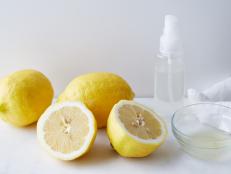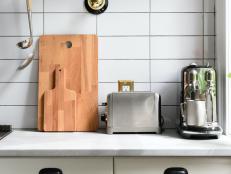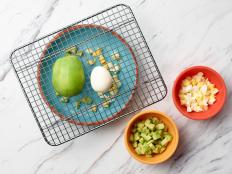1 / 16
Photo: Yuri_Arcurs/iStock
Fridge Smarts
The fridge is the true workhorse of the kitchen — and many of us neglect it. Improper use and lack of care can lead to messes, wasted energy and even foodborne illnesses. While each fridge is a little different, here are some universal do's and don'ts to keep your fridge (and the food inside it!) in tip-top shape.



































